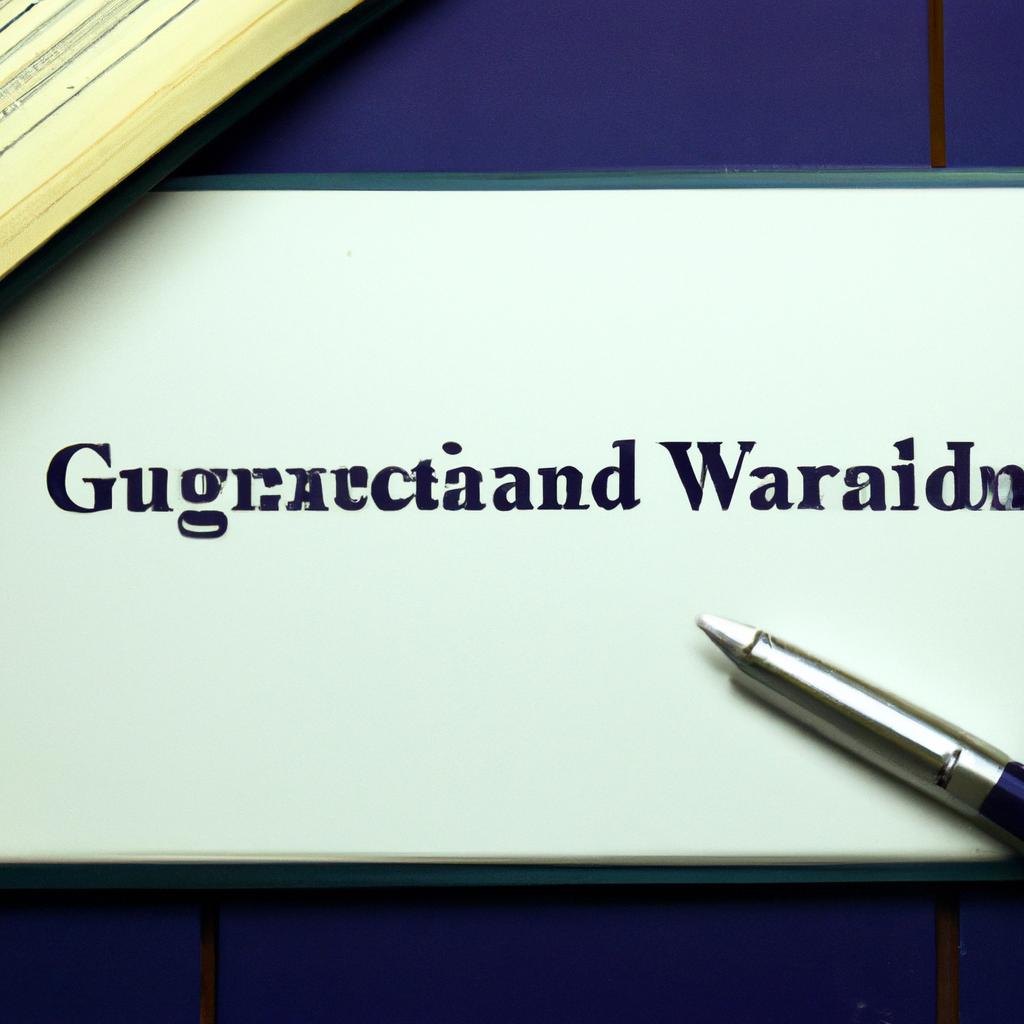In matters of guardianship and parental rights, the distinction between a legal guardian and a parent is a crucial aspect that often brings about intricate legal inquiries. As seasoned practitioners in estate planning, probate, elder law, Wills, and trusts, the Morgan Legal Group is well-versed in navigating the complexities surrounding these familial roles. In this article, we delve into the question: is a legal guardian a parent? Through a comprehensive analysis of applicable statutes and judicial precedents, we aim to shed light on this intricate issue and provide clarity on the distinctions between these distinct roles.
Key Differences Between a Legal Guardian and a Parent in Family Law
In family law, it’s essential to distinguish between the roles of a legal guardian and a parent, as they carry different rights and responsibilities. While both legal guardians and parents play a crucial role in a child’s life, there are key differences that must be understood:
- Custody Rights: A legal guardian is someone appointed by the court to make decisions regarding the child’s upbringing, whereas a parent has inherent custodial rights over their child.
- Legal Authority: A legal guardian has the legal authority to make decisions on behalf of the child in areas such as education, healthcare, and welfare. In contrast, parents have the authority to make decisions for their child without any formal appointment.
| Legal Guardian | Parent |
|---|---|
| Appointed by the court | Inherent custodial rights |
| Legal authority over the child | Can make decisions without formal appointment |

Understanding the Rights and Responsibilities of Being a Legal Guardian
As a legal guardian, you have both rights and responsibilities that are similar to those of a parent, but there are key distinctions to keep in mind. While a legal guardian is authorized to make decisions on behalf of a minor or an incapacitated adult, they do not have the same legal status as a parent. However, legal guardians do have the authority to make important decisions regarding the physical and financial well-being of the individual under their care.
Some key rights and responsibilities of being a legal guardian include:
- Ensuring the well-being and safety of the individual under your care
- Managing the individual’s finances and property
- Making medical decisions on behalf of the individual
- Providing emotional and psychological support

Factors to Consider When Determining the Role of a Legal Guardian vs. a Parent
When determining the role of a legal guardian versus a parent, there are several key factors to consider. One important factor is the legal authority granted to each role. A parent has natural legal rights and responsibilities over their child, whereas a legal guardian is appointed by the court and given specific legal authority to make decisions on behalf of the child. This distinction is crucial in determining the extent of control and decision-making power each party has.
Another factor to consider is the permanence of the role. A parent-child relationship is typically a lifelong bond, whereas a legal guardianship may be temporary or permanent depending on the circumstances. Additionally, the level of involvement in the child’s life can vary between a parent and a legal guardian. While a parent is usually deeply involved in all aspects of their child’s life, a legal guardian may have more limited responsibilities and involvement, depending on the specific terms of the guardianship arrangement.

Legal Considerations for Designating a Guardian in Estate Planning
In estate planning, designating a legal guardian is a crucial decision that should not be taken lightly. A common misconception is that a legal guardian is always a parent, but this is not always the case. A legal guardian can be designated to care for a minor child or an incapacitated adult who is unable to make decisions for themselves. When choosing a guardian, it is important to consider various legal considerations to ensure that the best interests of the individual being cared for are protected.
When designating a legal guardian in estate planning, it is important to consider the following legal considerations:
- Legal Capacity: The designated guardian must have the legal capacity to make decisions on behalf of the minor child or incapacitated adult.
- Relationship to the Ward: The guardian should have a close relationship with the individual being cared for to ensure their best interests are prioritized.
- Financial Responsibility: The guardian must be able to manage the financial affairs of the ward in a responsible manner.
In conclusion, while a legal guardian is not always a parent, it is crucial to carefully consider the legal considerations when designating a guardian in estate planning. By working with an experienced legal professional, such as the Morgan Legal Group in New York City, you can ensure that the best interests of your loved ones are protected in the event of incapacity or death. Contact us today to learn more about how we can assist you with your estate planning needs.
Q&A
Q: Is a legal guardian considered a parent?
A: While legal guardians have many responsibilities similar to parents, such as providing care and making decisions for a child, they do not have the same legal rights as biological or adoptive parents.
Q: What distinguishes a legal guardian from a parent?
A: A legal guardian is appointed by a court to care for a child when the child’s biological or adoptive parents are unable to do so. Legal guardianship is typically temporary and can be revoked by the court.
Q: Can a legal guardian make all the same decisions as a parent?
A: Legal guardians have the authority to make decisions regarding a child’s education, healthcare, and welfare, but may not have the same level of authority as a parent in certain situations, such as giving consent for marriage or consenting to certain medical procedures.
Q: Can a legal guardian be held financially responsible for a child?
A: Legal guardians can be held financially responsible for a child’s needs and expenses, just like parents. However, they may not have the same legal obligations as parents in terms of child support or inheritance rights.
Q: Can a legal guardian adopt a child?
A: In some cases, a legal guardian may seek to adopt a child under their care if it is in the best interests of the child. Adoption would terminate the legal rights and responsibilities of the biological or adoptive parents.
The Way Forward
In conclusion, the role of a legal guardian is a complex and important one, often involving the responsibilities and rights typically associated with being a parent. While the title of “parent” may not always be officially bestowed upon a legal guardian, the love, care, and protection they provide can be just as profound and meaningful. Ultimately, whether one is considered a parent or a legal guardian, what truly matters is the well-being and happiness of the child in their care.


